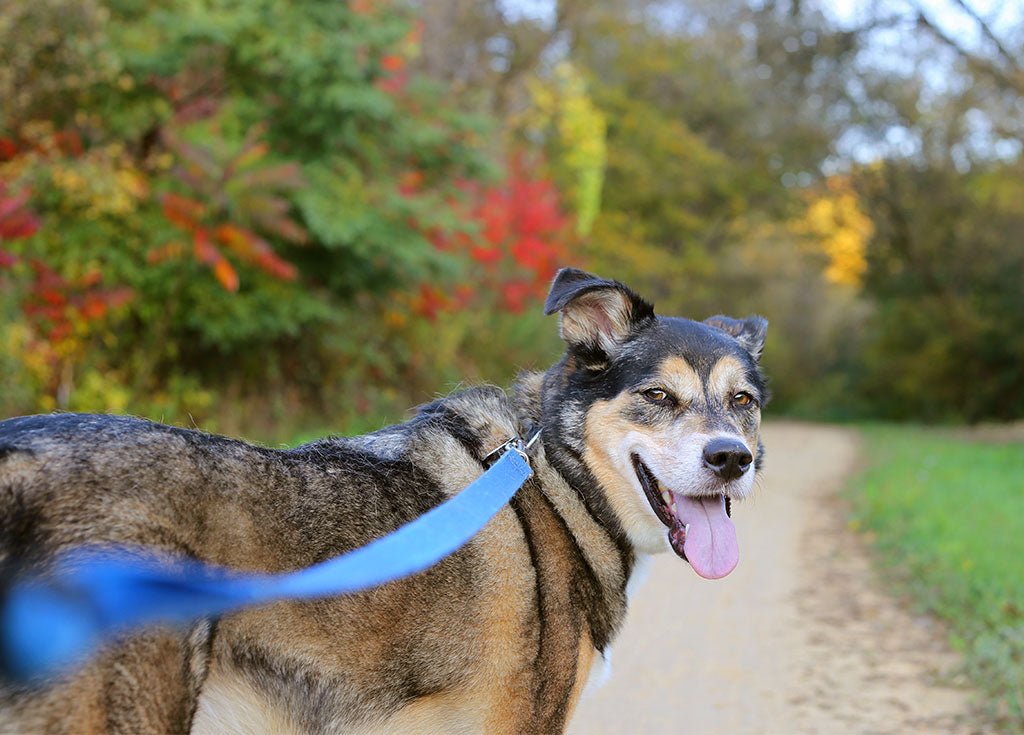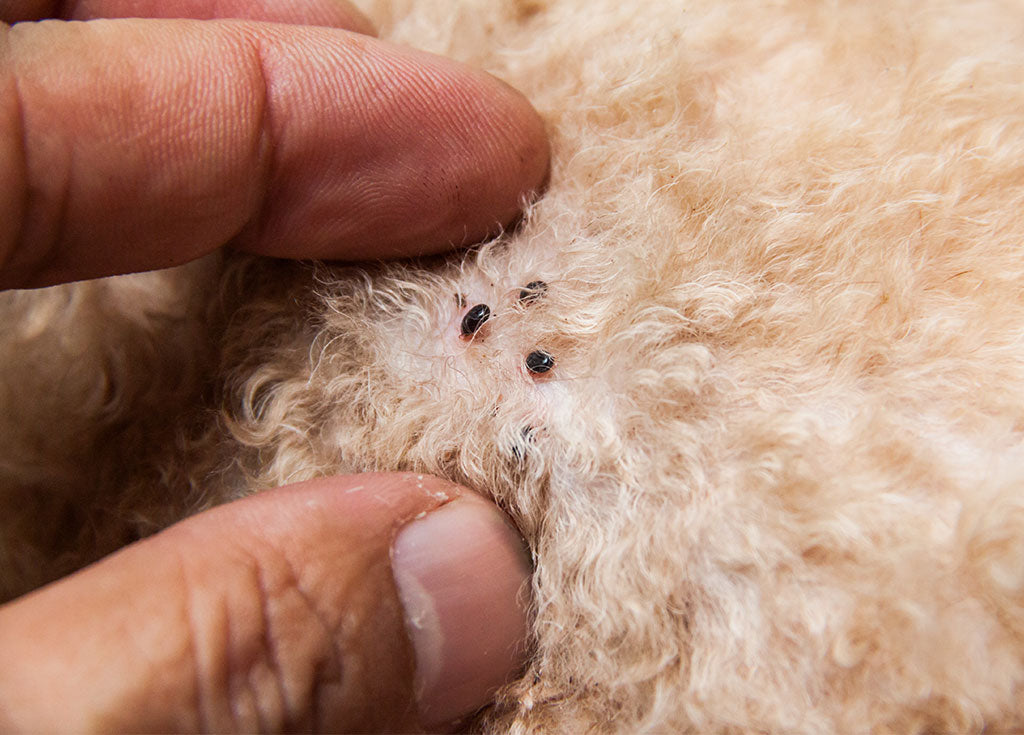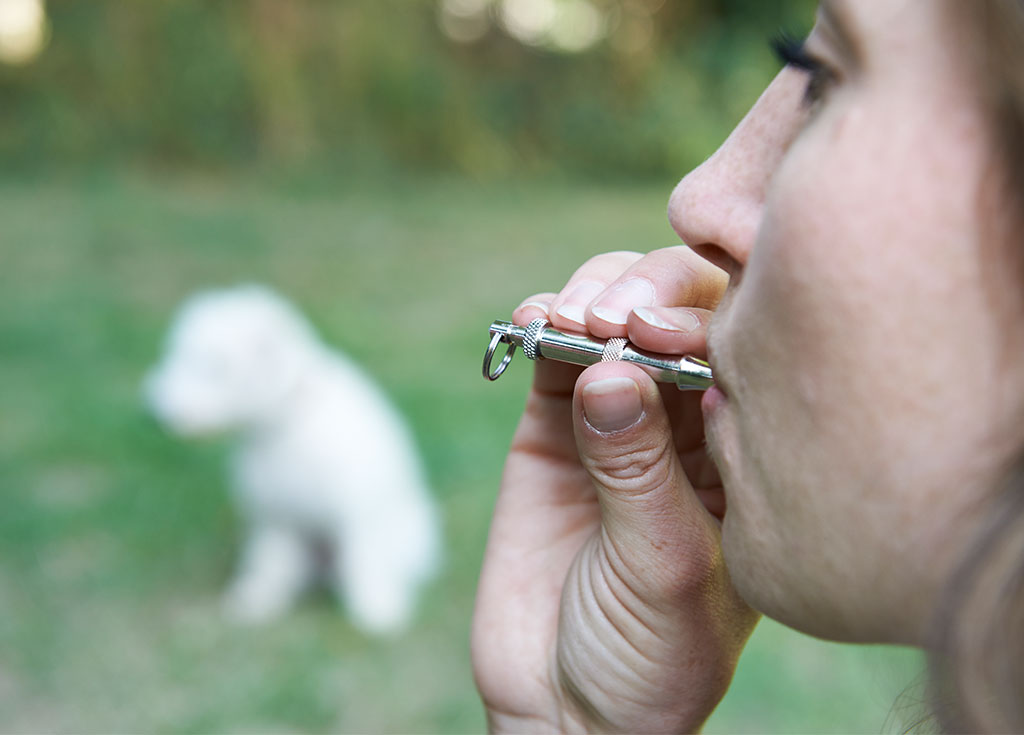
Does Your Dog Stop on Walks? 5 Causes & Solutions
Does your dog frequently stop mid-walk when you're walking them? Although this canine calamity affects many dog owners at some point, it can be challenging to cope with if you don't know what to do. Here are some of the most common reasons why your dog stops on walks and what to do
Your Dog is In Pain
It's likely that your pet is cutting short your walks because he's in chronic pain, especially from joint pain caused by diseases like arthritis or hip dysplasia.
So, it's crucial to understand how to spot the symptoms of canine joint pain.
You could observe, for instance, your dog stopping with less weight on the injured part or whimpering or yelping just before settling down on the sidewalk.
If your dog is halting because he is in pain, you should have him checked by a veterinarian as soon as you can to determine the best treatment option.
Your Dog is Wounded
Acute wounds could also make your canine companion stop moving while you're out for a stroll. This can be due to something more serious or it might just be a small injury, like a chipped nail or paw pad.
In any case, you should start by looking for any noticeable wounds or scrapes on your dog's legs and paws. Ensure your leash is not overly tight or made of a material that is uncomfortable. A coat protective collar can help your furry friend remain comfortable on walks.
Your Dog Isn't Used to Leash Walking
Your dog may not be accustomed to walking on a leash or even going on walks. This is why it's important to understand your dog's past, especially if he was a furry friend that you adopted.
Remember that the experience might be overwhelming and even terrifying for dogs that have never been on a leash before.
Try to move carefully, introducing each piece of equipment to your dog one at a time, and rewarding him with treats as he simply sniffs and explores everything.
You may boost your dog's confidence by having him practice leash walking within your own house once he's become a little more accustomed to the equipment. This will give your dog lots of opportunities to get used to the leash in a place that he is familiar with and loves.
Your Dog is Fatigued
Not all dogs are built to gallop alongside their owners or go great distances at once, so it's likely that your dog is just worn out from the length or frequency of your walks.
Try to look out for some of the symptoms of exhaustion in your dog, such as heavy panting, slower-than-usual movement, and a lethargic demeanor. Moreover, make sure you discuss the recommended amount of activity for your four-footer with your veterinarian.
Your Dog Is Scared of Something
Many dogs, especially pups, may stand still during walks as they are afraid of something outdoors. This happens commonly, especially in pups going through fear phases and untrained or anxious dogs.
In order to solve this problem, attempt to pinpoint precisely what is worrying your dog. This can be a huge dog nearby, odd noises, garbage cans, signs, or scents that you might not even have noticed.
If it is safe to do so, you can focus on desensitizing your dog to the trigger and boosting his confidence. Do things slowly and patiently and be sure not to go too far from your dog's comfort zone.
Once you’ve identified the reason for your dog’s behavior, you’ll be well on your way to smooth walks with them!



